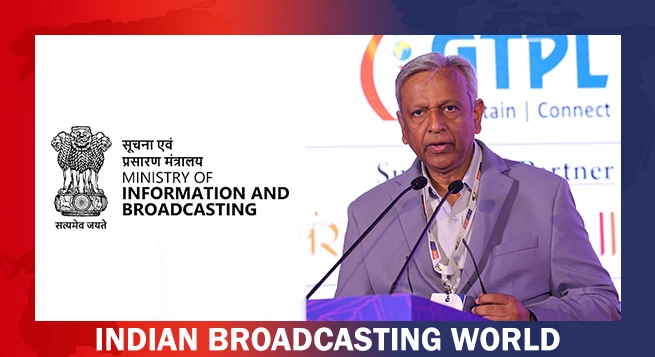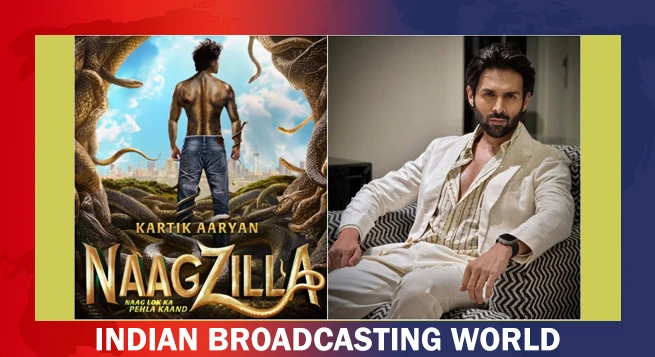Ericsson, the Swedish telecommunications giant, continues to experience significant growth worldwide, propelled by the rapid expansion of 5G deployment in India.
India stands as Ericsson’s second-largest market, following the United States, and accounted for 14 percent of the company’s revenue in the quarter ending in June 2023.
Ericsson’s operations in India, which falls under its South East Asia and Oceania region, remained a consistent source of growth across all regions, offsetting a notable decline in sales observed in North America, the company’s primary market, Reuters reported.
Börje Ekholm, President and CEO of Ericsson, commented on the positive performance, stating, “We achieved strong execution in our networks division, demonstrating record build-out speed in India, where we have now secured a leading market share.”
He further mentioned, “The sales growth in India partly compensated for the anticipated softening we experienced in other markets, particularly North America, where the pace of infrastructure development slowed, and customer inventory levels were reduced.”
Ericsson’s quarterly report highlighted a doubling of network sales in the South East Asia, Oceania, and India region, while other markets, notably North America, experienced a decline. This trend was driven by reduced capital expenditure and inventory levels by customers in North America, following significant investments in previous years.
Network sales, accounting for approximately 66 percent of the company’s total sales, witnessed a 3 percent increase, reaching SEK 64.4 billion.
In terms of comparable units and currency, sales in the region for the quarter ending in June 2023 increased by 71 percent compared to the previous year, primarily due to Ericsson’s gains in the 5G market share in India. Reported sales saw a year-on-year increase of 74 percent.
Ericsson highlighted potential risks associated with the limited supply of essential components such as ASIC and FPGA components, printed circuit boards, standard electronics, and semiconductors. The company emphasized that these supplies could be impacted by various factors, including natural disasters, conflicts, or other disruptive events. It specifically noted that current tensions between the United States and China, along with strained ‘cross-strait relations,’ had heightened this risk.
The Swedish firm has secured contracts to supply 5G equipment to Reliance Jio and Bharti Airtel, two leading Indian telecom providers. Since October of the previous year, these carriers have deployed over 275,000 base stations nationwide. Their objective is to achieve nationwide 5G coverage by 2024 and urban coverage by the end of this year.
 Telecom subs base up marginally; Trai withholds updated b’band data
Telecom subs base up marginally; Trai withholds updated b’band data  WAVES driven by industry; govt just a catalyst: Vaishnaw
WAVES driven by industry; govt just a catalyst: Vaishnaw  In officials’ reshuffle, Shankar moves out of MIB; Prabhat comes in
In officials’ reshuffle, Shankar moves out of MIB; Prabhat comes in  Kartik Aaryan turns shape-shifting serpent for ‘Naagzilla’
Kartik Aaryan turns shape-shifting serpent for ‘Naagzilla’  Mohit Suri’s ‘Saiyaara’ set for July 18 release
Mohit Suri’s ‘Saiyaara’ set for July 18 release  ApplaToon launches ‘Kiya & Kayaan’
ApplaToon launches ‘Kiya & Kayaan’  Jio captures a massive 85% share of India’s 5G fixed wireless market
Jio captures a massive 85% share of India’s 5G fixed wireless market  WAVES offers big opportunity to all media: Murugan
WAVES offers big opportunity to all media: Murugan 








